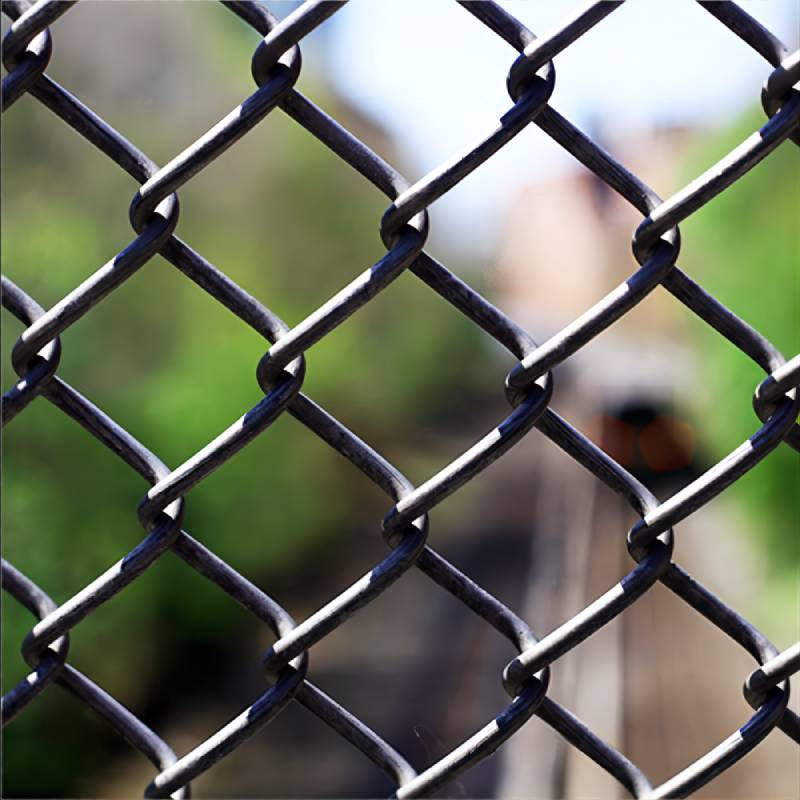Welded Wire Mesh Panels for Versatile Fencing and Construction Applications
Understanding Welded Mesh Panels Applications, Benefits, and Considerations
Welded mesh panels, commonly referred to as welded wire mesh or weld mesh, are versatile construction materials comprised of wire strands that are welded together at intersections to form a grid-like structure. This type of panel has gained immense popularity due to its durability, strength, and a wide range of applications across various sectors, including construction, agriculture, and industrial industries.
Composition and Design
Welded mesh panels are typically made from high-quality steel or stainless steel wires that are arranged in a series of parallel and perpendicular lines, forming a robust mesh. These wires can vary in diameter, spacing, and gauge, allowing for customization based on specific project requirements. The welding process enhances the integrity of the panels, ensuring they can withstand considerable stress and resist deformation over time.
Applications of Welded Mesh Panels
1. Construction and Reinforcement One of the primary uses of welded mesh panels is in construction. They provide structural support in concrete slabs, walls, and other applications, helping to distribute loads and prevent cracking. Their use in reinforcing concrete structures has become a standard practice due to their strength and reliability.
2. Fencing Solutions Welded mesh panels serve as effective fencing solutions in both residential and commercial settings. They are commonly used for perimeter security, garden fencing, and livestock enclosures. The panels’ durability and resistance to rust make them suitable for outdoor applications where exposure to the elements is a concern.
3. Industrial Uses In industrial environments, welded mesh panels are utilized in creating partitions, storage racks, and safety barriers. Their strength allows them to support heavy loads, making them ideal for warehouses and manufacturing facilities. Additionally, they can be easily cleaned and maintained, ensuring a hygienic work environment.
4. Agricultural Applications In agriculture, welded mesh is employed for animal enclosures, crop protection, and support structures for vines and plants. The panels help keep animals contained while allowing air circulation and sunlight to penetrate, promoting a healthy environment for livestock and crops.
weld mesh panel

5. Architectural Aesthetics Welded mesh panels are also used in modern architecture for decorative purposes. They can be incorporated into façades, partitions, and art installations, adding a contemporary touch to both indoor and outdoor spaces.
Benefits of Welded Mesh Panels
1. Durability and Longevity One of the primary advantages of welded mesh panels is their exceptional durability. The welding process produces strong joints that can withstand significant loads and resist deformation. Additionally, when treated with protective coatings, such as galvanization, these panels can resist corrosion and extend their lifespan.
2. Cost-Effectiveness Welded mesh panels are generally more cost-effective compared to other fencing and reinforcement options. Their durability reduces the need for frequent replacements, and their low maintenance requirements contribute to long-term savings.
3. Versatility The adaptability of welded mesh panels means they can be used in various applications across multiple industries. Customizable sizes, shapes, and wire thicknesses further enhance their usability, making them suitable for projects of all scales.
4. Ease of Installation Welded mesh panels are relatively easy to install, often requiring only basic tools and minimal labor. Their lightweight nature also simplifies transportation and handling on-site.
Conclusion
Welded mesh panels represent a crucial component in modern construction and various industrial applications. Their strength, durability, and versatility make them an ideal choice for reinforcement, fencing, agricultural uses, and even decorative elements in architecture. As industries continue to evolve, the demand for such robust materials is likely to grow, positioning welded mesh panels as a staple in future construction projects and beyond. Choosing the right type of welded mesh panel involves considering specific project needs, making it essential to consult with industry experts to ensure optimal results.
-
Space-Saving Chain Fence Hacks Vertical Gardening with Cyclone MeshNewsJul.16,2025
-
Innovations in Iron Nail Wire Production for Modern ConstructionNewsJul.16,2025
-
Creative Uses of Wire Netting Fence in Modern Landscape DesignNewsJul.16,2025
-
Barbed Wire Fence Innovations in Anti-Climb TechnologyNewsJul.16,2025
-
Architectural Uses of Umbrella Nails for Aesthetic Roof DesignsNewsJul.16,2025
-
Architectural Uses of Razor Barbed Wire in Secure Urban DesignNewsJul.16,2025




